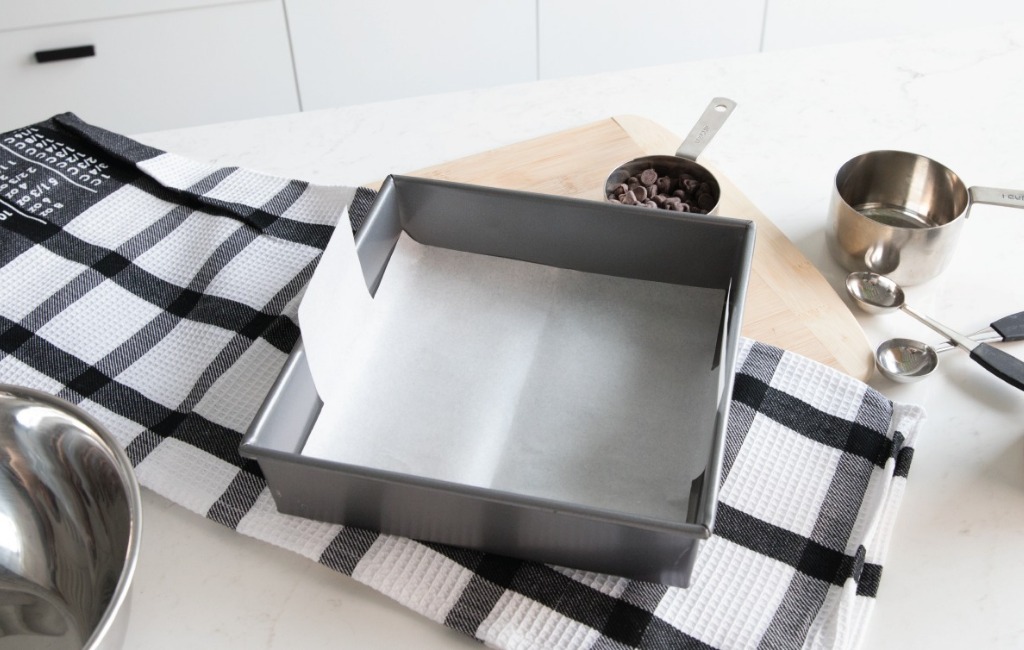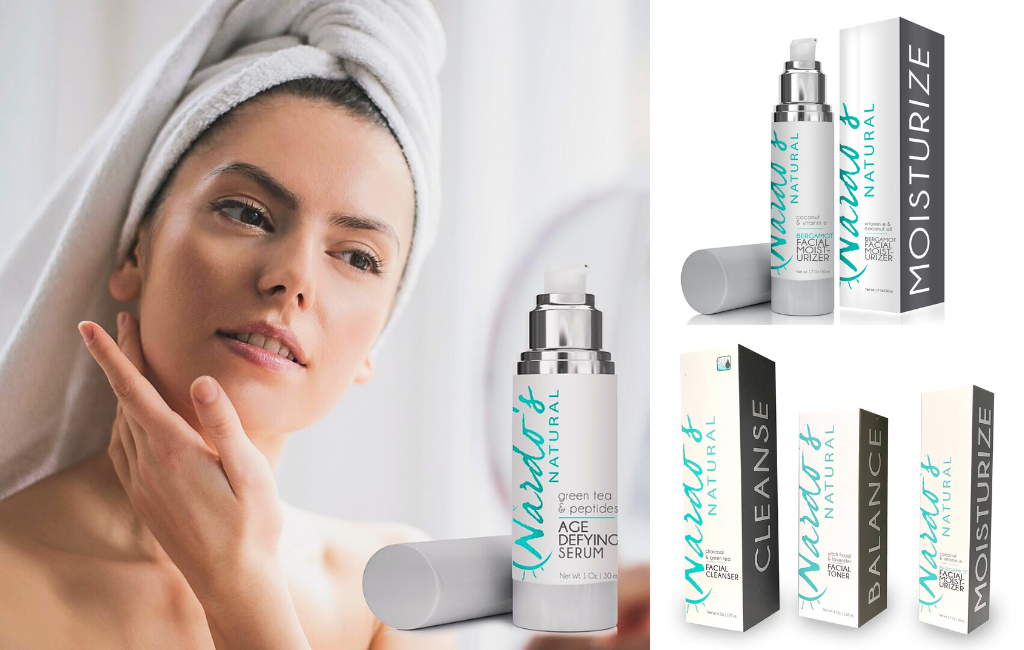Litter Jewelry
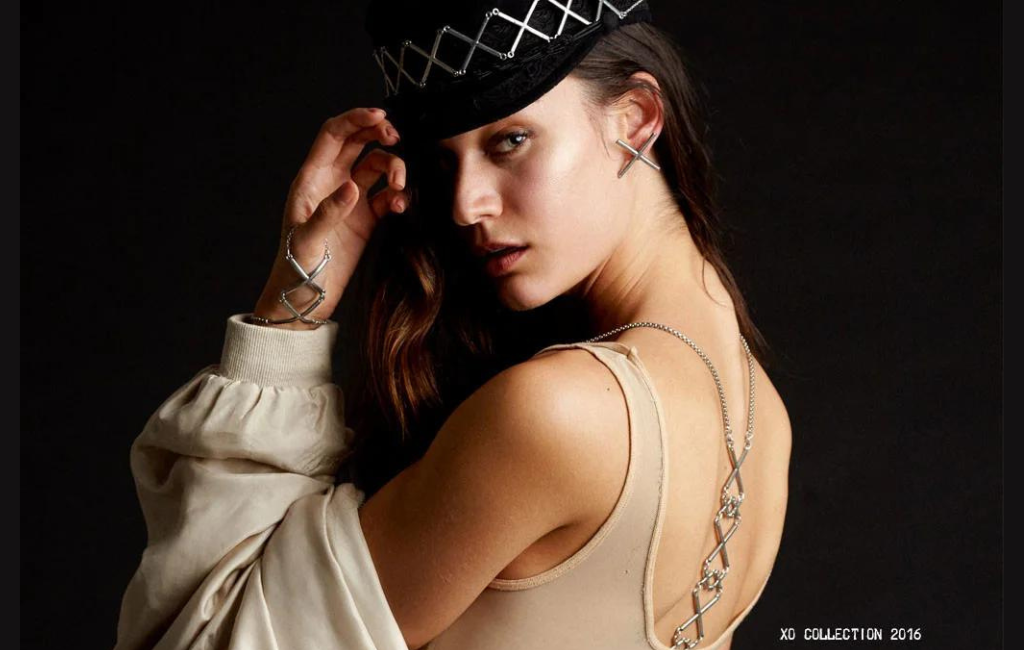

DEAL
EPISODE SUMMARY
🕓 Air Date: March 9, 2012
Asking For:
$80,000 for 51%
Investor:
Mark Cuban, Daymond John (50/50)
Deal:
$80,000 for 70% + annual salary
PRODUCT SUMMARY
Litter Jewelry creates unique body jewelry using vintage chain and broken pieces of costume jewelry, aiming to make wearers stand out with their designs.
WATCH HERE
IN A RUSH?
Click these to jump to the section you want to read.
Background Story
Founded in 2009 by sisters Rachael Mann and Mackenzie Burdick, Litter Jewelry originated from Mackenzie’s experiment of breaking a necklace to create a headpiece for a special event. The overwhelmingly positive response led them to produce more, and they quickly gained traction at local jewelry shows.
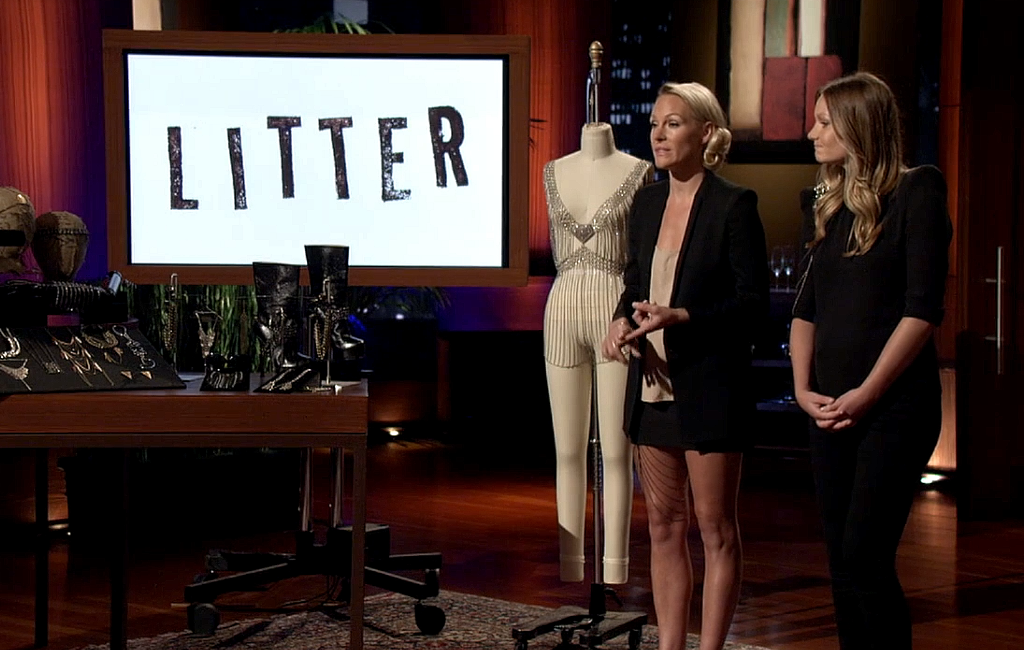
With a background in interior and fashion design, the sisters combined their creative talents to build Litter Jewelry into a thriving business. However, with increasing demand and opportunities, they found themselves overwhelmed with the operational side of the business and sought investment to expand and manage growth effectively.
The Product
Litter Jewelry offers a range of unique pieces including headpieces, ear cuffs, leg chains, shoe jewelry, arm jewelry, hand jewelry, and chain mustaches. Each piece is handcrafted using vintage materials sourced from flea markets, vintage stores, and thrift shops.
The average price per piece is around $100, with production costs averaging $2. The company also undertakes custom work for celebrities and music videos, showcasing their ability to command high prices for their designs. Litter Jewelry recently secured a 400-piece order from Urban Outfitters, indicating growing demand and potential for expansion.
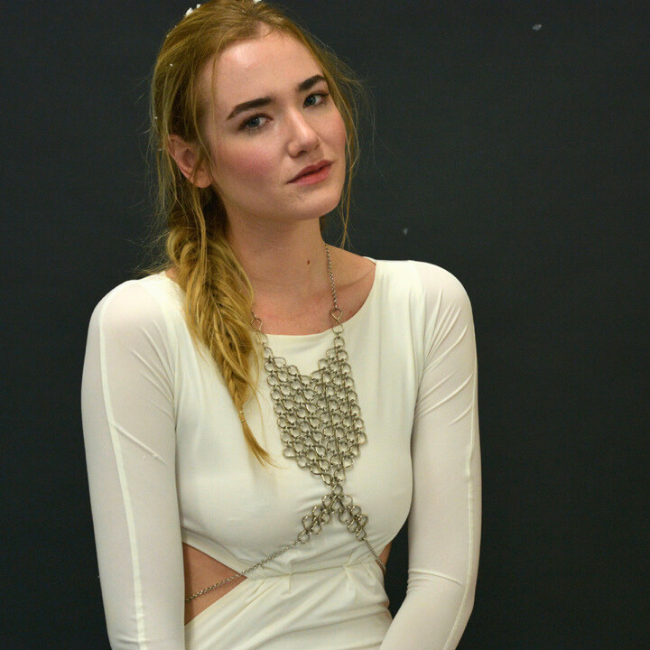
How It Went
The company’s position before Shark Tank
Litter Jewelry has seen steady growth since its inception, with sales reaching $78,000 in the previous year and projected to hit $150,000 in the current year. The company’s designs have been featured in top fashion magazines and worn by celebrities, generating significant exposure without significant advertising expenditure.
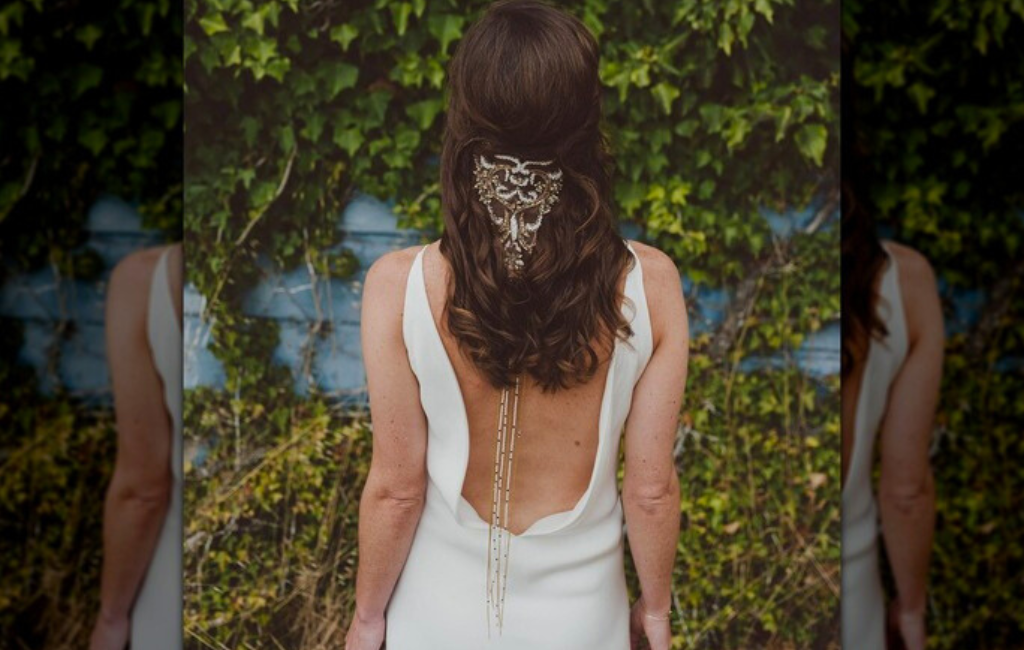
Partnerships with retailers like Urban Outfitters signify increasing demand and market validation. However, the company’s current structure, with the founders handling all aspects of production and operations, limits scalability and efficiency.
The Negotiations:
Initially seeking $80,000 for a 51% stake, the founders received an offer from Daymond John for $80,000 for a 70% stake, with the provision for buying back in to acquire the initially requested percentage. Mark Cuban joined the negotiation, offering $40,000 each for a 50% stake, with expertise in web design and retail respectively.
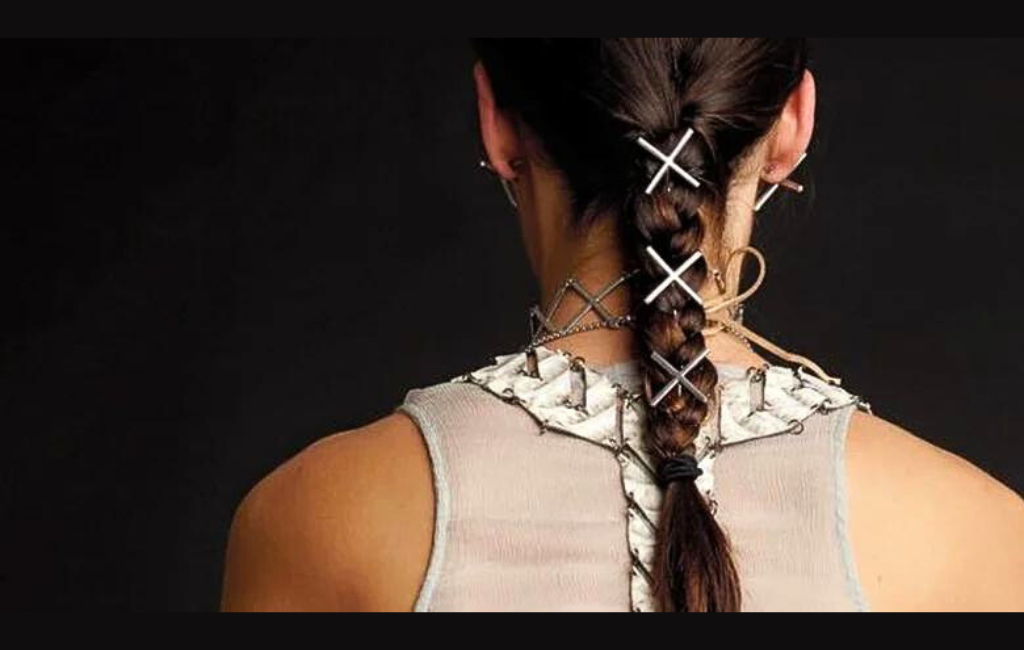
Despite Daymond’s attempts to dissuade further offers, Mark and Daymond engaged in a bidding war, with Daymond ultimately securing the deal for 70% ownership, leaving the founders thrilled and grateful for the opportunity.






